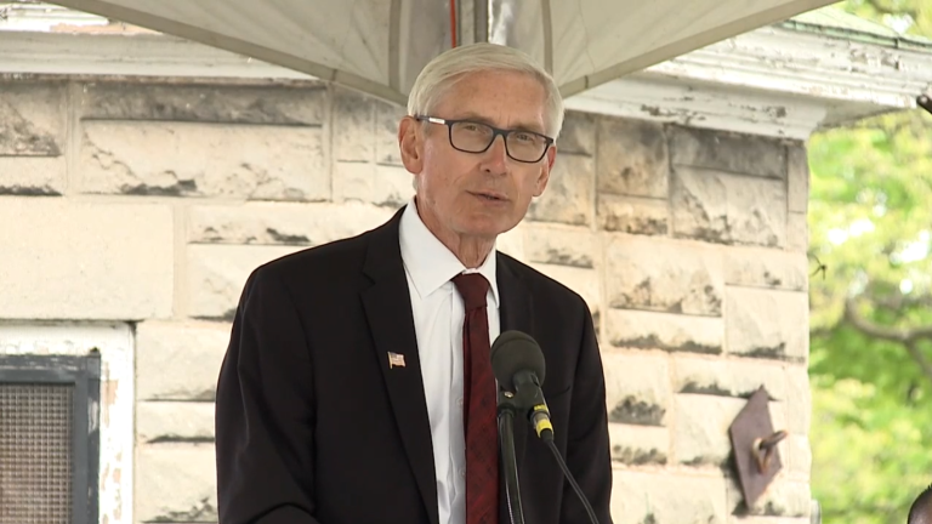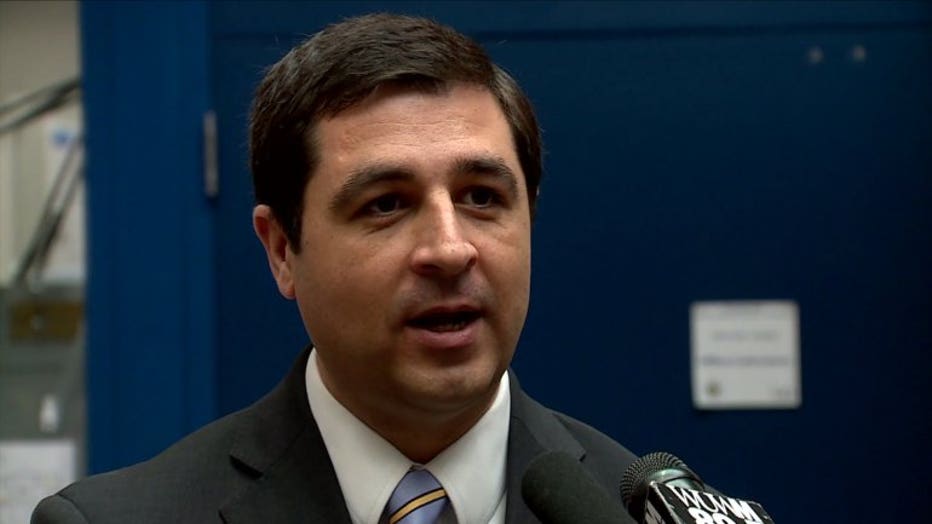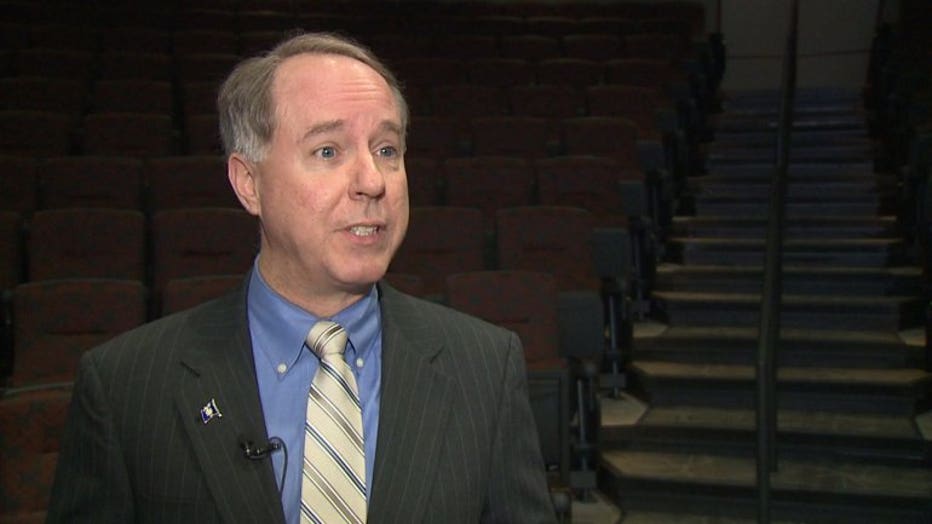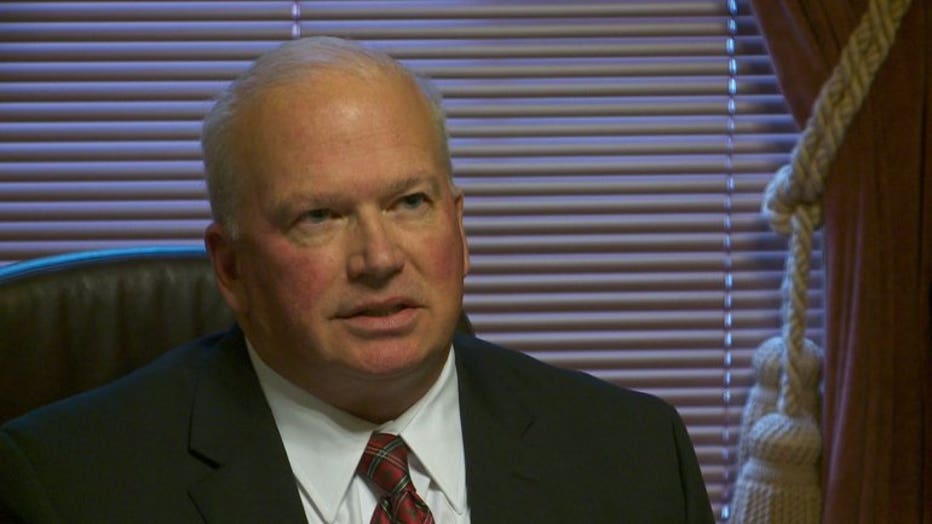'The people deserve better than this:' Wisconsin Supreme Court upholds GOP's lame-duck laws
MADISON — Wisconsin's conservative-controlled Supreme Court on Friday upheld lame-duck laws limiting the powers of Democratic Gov. Tony Evers and Attorney General Josh Kaul, handing Republican lawmakers a resounding victory.
A group of liberal-leaning organizations led by the League of Women Voters sued in January alleging the laws are invalid because legislators convened illegally to pass them in December. The groups maintained the Legislature's session had ended months earlier and that the lame-duck floor session wasn't part of the Legislature's regular schedule.

Tony Evers
Republican legislators in several states have passed laws in lame-duck sessions following election losses in recent years. In addition to the Wisconsin provisions, outgoing Michigan Gov. Rick Snyder signed lame-duck measures in December to weaken minimum wage and paid sick time laws. North Carolina Republicans approved a sweeping package of restrictions on incoming Democratic Gov. Roy Cooper in a December 2016 lame-duck session. Democrats have decried the tactics as brazen attempts to hold onto power.
Wisconsin's laws prohibit Evers from ordering Kaul to withdraw from lawsuits, a move designed to prevent Evers from fulfilling a campaign pledge to withdraw Wisconsin from a multistate lawsuit challenging the Affordable Care Act, also known as Obamacare. Evers pulled the state from the lawsuit while the lame-duck provisions were on hold in March.
The laws also require Kaul to get permission from the Legislature's Republican-controlled finance committee before settling lawsuits, and force him to deposit settlement awards in the state general fund rather than in state Department of Justice accounts. The provisions also guarantee Republican lawmakers the right to intervene in lawsuits using their own attorneys rather than Kaul's DOJ lawyers. All three provisions signal Republicans don't trust Kaul to defend GOP-authored laws in court.

Josh Kaul
Other sections of the laws restrict early in-person voting to the two weeks before an election. The cities of Madison and Milwaukee, both Democratic strongholds, held early voting for six weeks leading up to last November's elections. Republicans hoped the shorter window would tamp down Democratic turnout in 2020, but a federal judge blocked the restrictions in January.
The Supreme Court's decision to uphold the laws wasn't unexpected given conservative justices hold a 4-3 majority on the court. They dismantled the liberal-leaning organizations' allegations during oral arguments in May, saying the Legislature can convene whenever it chooses.
The legal fight over the lame-duck laws isn't over. A group of unions has filed a separate lawsuit in state court arguing the laws steal authority from the governor and attorney general in violation of the separation of powers doctrine. That challenge is pending before the Supreme Court.
The state Democratic Party has filed a federal lawsuit contending the laws are meant to punish Evers' supporters in violation of free speech and equal protection guarantees.

State Rep. Robin Vos
The Supreme Court's ruling wasn't unexpected, but lead counsel for the plaintiff, Jeff Mandell, says it is disappointing because it fails to protect the people.
"Today's decision makes clear that protection does not limit the legislature in any way, and that the intention of the framers in putting that in there has not been accomplished," said Mandell, Stafford & Rosenbaum, lead counsel for the plaintiff.
Republican legislative leaders, who called for an defended the extraordinary session, call the court's decision common sense. A joint statement from Senator Scott Fitzgerald and representative Robin Vos reads, in part:
"The Court upheld a previously non-controversial legislative practice used by both parties for decades to enact some of the most important laws in the state."
The Republicans also argue the case was an unnecessary waste of taxpayer resources. Mandell says the court's 4-3 decision is proof of its merit. He also points out his client did not sue the legislature.

Scott Fitzgerald
Mandell says Vos and Fitzgerald asked to join the suit, before Gov. Tony Evers -- a Democrat, who last some of his power due to the extraordinary session -- said he wouldn't defend it.
"The legislature still insisted it had to be part of this case, insisted it wanted to pay its private attorneys, and insisted it wanted to pay its private attorneys quite generously," said Mandell.
In his statement, Gov. Evers wrote, "The people of Wisconsin deserve better than this." He went on to write, "It is based on a desired political outcome, not the plain meaning and text of the constitution."
The courts still need to rule on two other cases that challenge the laws passed during the extraordinary sessions. The law remains in effect while the legal challenges proceed.

